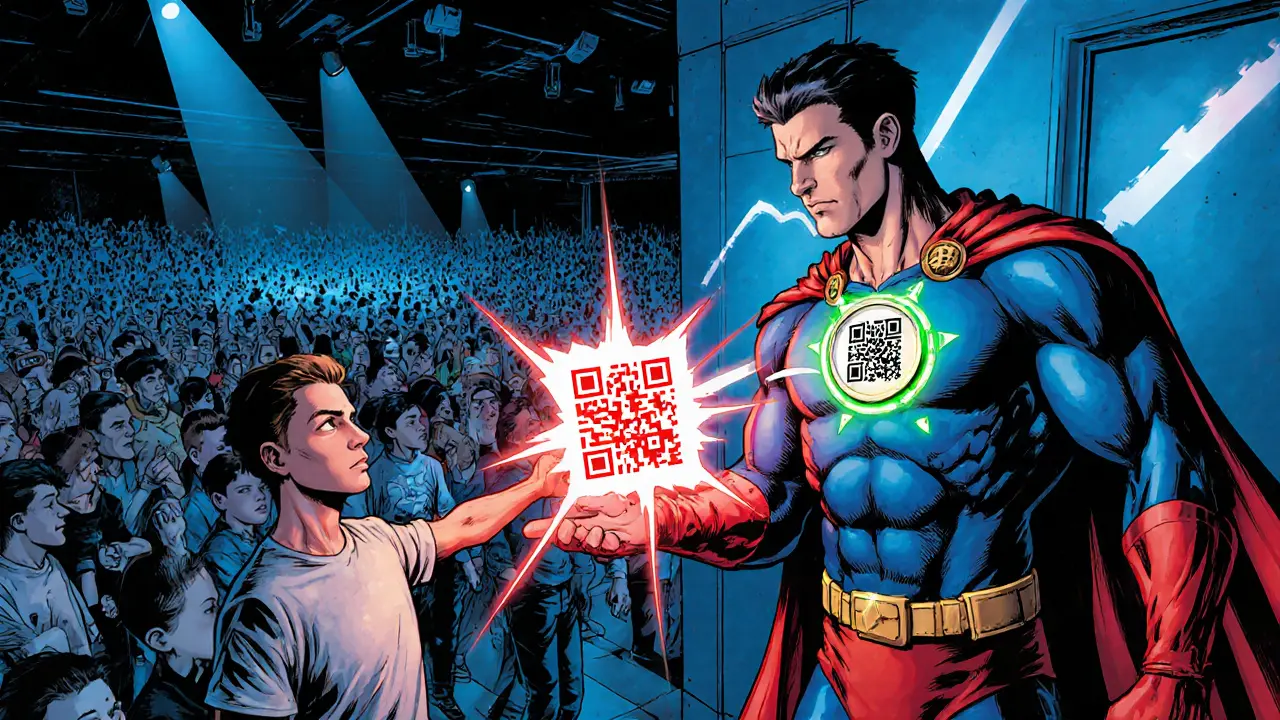When working with digital wallets, software or hardware tools that store private keys and let you send, receive, and manage cryptocurrencies. Also known as crypto wallets, they act as the front‑door to the blockchain world.
One of the first things you’ll notice is that digital wallets aren’t a single product; they’re a family of solutions built on the blockchain, the distributed ledger that records every transaction permanently. This underlying tech guarantees that when your wallet signs a transfer, the network can verify it without a middleman. Because the blockchain is public, anyone can audit the move, but only the holder of the private key can authorize it. That simple split—public ledger, private key—creates the security backbone that every wallet relies on.
Beyond storing assets, a wallet’s real power shows up when it talks to a cryptocurrency exchange, a platform where you can swap one token for another or trade against fiat. Your wallet sends a signed order, the exchange matches it, and the result lands back in your address. This interaction lets you move funds quickly, avoid having to keep large balances on an exchange, and reduce exposure to exchange hacks.
When you step into DeFi, decentralized finance services like lending, yield farming, and automated market making, the wallet becomes your identity. You connect it to a DEX, stake tokens, claim airdrops, or run a DCA (dollar‑cost averaging) bot—all without signing up for a new account. The wallet’s address is the only thing the protocol needs to know you’re the owner.
Security features vary widely. Hot wallets (mobile or desktop apps) are convenient but sit online, so they need strong passwords, two‑factor authentication, and regular updates. Cold wallets (hardware devices) keep the private key offline, making them the gold standard for long‑term storage. Whichever type you choose, the rule stays the same: backup your seed phrase, keep it offline, and never share it. If you lose the phrase, you lose access; if someone else gets it, they own your assets.
Finally, the landscape keeps shifting. New standards like EIP‑4337 bring account abstraction, letting wallets handle transaction fees in tokens other than ETH. Regulatory chatter is nudging wallets toward built‑in KYC modules, but many users still prefer the permissionless vibe. Whatever the future holds, mastering your digital wallet today means you can safely trade on exchanges, tap DeFi opportunities, and protect your holdings from hacks. Below you’ll find a curated list of articles that dive deeper into each of these angles, from airdrop guides to exchange reviews and security checklists.

Blockchain is bringing banking to 1.7 billion unbanked people through digital wallets, smart contracts, and DeFi - no bank account needed. Real examples from Kenya, Nigeria, and the Philippines show how it’s changing lives.

Discover how NFT ticketing transforms live events by preventing fraud, enabling royalties, and turning tickets into lasting digital collectibles.